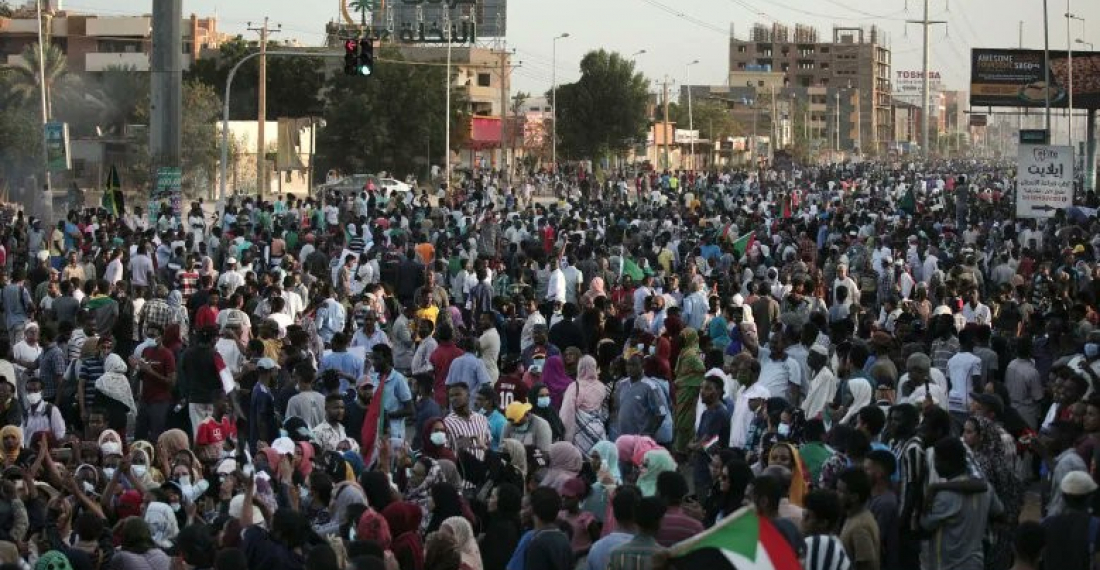Several countries, including Saudi Arabia, the United Arab Emirates, the United States and Britain, called in a joint statement for the restoration of Sudan’s civilian-led transitional government and for a reversal of the military coup that happened two weeks ago.
UAE and Saudi Arabia, both considered to be strong backers of the Sudanese military and its head, Gen. Abdel-Fattah Burhan, joined the call, signalling broad support in the international community to see Sudan led by a civilian government
The statement also called for the release of detainees and ending the state of emergency whilst committing to “a genuine civil-military partnership” during the transition to elections.
Read the full statement here >>
Sudan’s military has also faced pressure from the African Union, which suspended the country's membership until “the effective restoration of the civilian-led transitional authority.”
Prime Minister Abdalla Hamdok has been under house arrest in the capital Khartoum since being toppled on 25 October by military chief General Abdel Fattah al-Burhan in a coup that derailed a transition to civilian rule and led to a Western aid freeze.
Various international and local mediation efforts have been underway for several days. Sources close to Hamdok say that no deal has been reached and that Hamdok demands reversing the coup and restoring the governing bodies.
Burhan, who faced heavy criticism locally and internationally, said that he will appoint a new prime minister and will remain committed to holding elections in July 2023.
Volker Perthes, the U.N. special representative to Sudan, said on Monday that mediation efforts were expected to bear fruit in coming days. "The contours of an agreement are becoming clearer," his office quoted him as saying.






